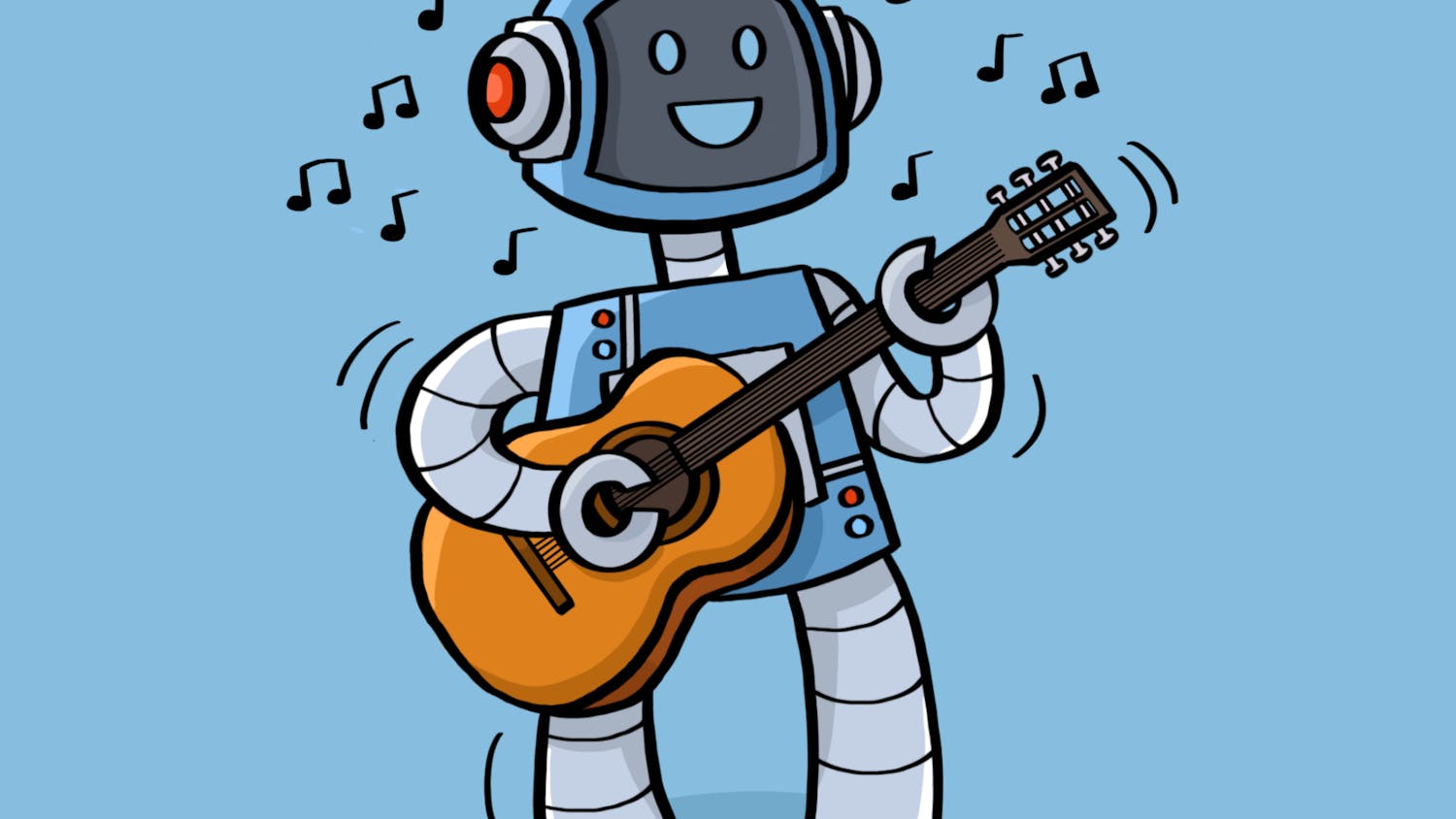As Scott Walker, Mark Neumann, and Tom Barretteare vying to become the next governor of Wisconsin, an intense political drama is unfolding across the river in Minnesota to replace their governor, Tim Pawlenty. While many Badgers may not necessarily have an interest in the political climate in Minnesota, the events of last weekend's Democratic Farmer-Labor Party convention speak to a larger problem nationally within the Democratic Party. Since the election of Barack Obama, the Democratic Party has struggled to maintain unity as centrist Democrats quarrel with the far left as to who will maintain control of the party. Last weekend's Minnesota Democratic Farmer-Labor Party convention confirmed this point.
The DFL convened to officially endorse a gubernatorial candidate to run in the fall, and from the start, turmoil consumed the event. Before the convention even truly began, the DFL couldn't agree on how to say the Pledge of Allegiance, as it had to be put to a vote. The tumultuous start began a weekend marked by bitter disagreements and angry delegates storming out. By the end of the day, the DFL had endorsed Margaret Anderson Kelliher, but the real winner was the Minnesota GOP.
Although the endorsed candidate will now receive DFL and Democratic National Committee funding and support, she still has three other well-funded, well-known Democrats to run against in an Aug. 10 primary. The Republicans, on the other hand, who will endorse either state Rep. Tom Emmer or state Rep. Marty Seifert, will be unified going into the summer, while the DFL will continue to be deeply divided until August.
The race, while interesting to watch from Wisconsin, speaks to a larger issue of Democratic unity across the nation. The Obama campaign caused many independent-leaning Democrats to become deeply engaged in the political process. Now, many of those centrist Democrats who fervently rallied around Obama have since become more or less disengaged with that process, leaving open a vacuum that the far-left element of the Democratic Party is now rapidly filling. Many of these far-left elements, whose views are entirely out of line with mainstream America, are having a greater say in the party's inner workings, which could explain why the DFL had to vote on something as simple as saying the Pledge of Allegiance.
As unemployment continues to remain high, our unsustainable national debt continues to increase and questionable Washington practices continue to remain the status quo, many Americans are looking to the revitalized, reinvented Republicans they kicked out only a few years ago. With the promises of transparency, bipartisanship and fiscal responsibility now just empty campaign promises, many of those centrist Democrats who so feverishly supported Obama in 2008 may decide not to show up to vote, as their concerns about the direction of this country have been largely ignored. Many are still asking, Why weren't the health-care reform negotiations put on C-SPAN? What happened to bills being open online for public debate for at least five days? Why are taxes going up for people making under $250,000? These are the questions that could be what is behind the biggest issue Democrats are facing this election year.
What's perhaps most troubling for Democrats this November is the fact that independents are increasingly dissatisfied with the policies and the politics coming out of Washington. A recent Quinnipiac poll among independents put their approval for Obama at just 38 percent, a precipitous fall from when 65 percent of independents supported him at the time of his inauguration. When Democrats promised to unite the country and govern from the center during the campaign, independents were reasonably excited. Once the Democrats took power, however, they took their election as a mandate from the people to govern from the far left despite their promises of bipartisanship and changing the status quo.
Even though the gubernatorial race in Minnesota is just one of many that will play out over the coming weeks and months, it speaks to the larger issues the Democrats face this November. Political pundits and analysts are already predicting 2010 will be a good year for Republicans. How good is yet to be determined, but it is clear the coming months will most certainly shape the final tallies. While Democrats continue to fight amongst themselves, a revitalized Republican Party will talk to the American people about the issues that matter to them most and what they plan to do to address them.
Matt Payne is sophomore intending to major in Chinese and economics.
We welcome all feedback. Please send responses to opinion@dailycardinal.com.






